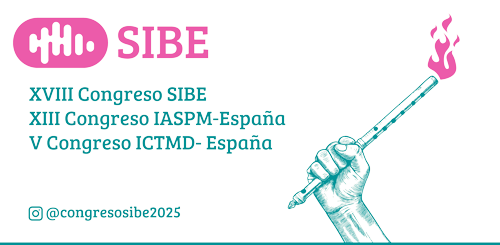In February 2023, two trains collided head-on in Tempi, the main eastern passage from northern to southern Greece. The deadly accident brought back memories of a 'cursed' place, caused waves of protests, anger and conflicts, both political and social, but also inspired the writing of numerous songs. In this paper, I aim to highlight the relationship of these songs to the event as an emotional mediator, catalyst and advocate, in the broader socio-political context. In contrast to cases such as those of Araujo and Blum (2010), where music accompanies marginalized and violence-ridden areas, here the musical act articulates, prepares and introduces peaceful mobilizations around the world against a violent tragic event and its pending court cases. In the case of Tempi, a literal collision led to a social conflict where individual, personal mourning gradually began to be expressed through collective song, through a collective effort to musically express human pain as a collective lament. However, although this musical expression resembles an avalanche of political dimensions with partisan nuances and connotations, it does not cease to prioritize the characteristics of the consoling, mournful song, that is, to serve the politics of pain, the 'antiphonal dynamic between the soloist-narrator and the choir-expressor' (Seremetakis 1991, 2025). In Greece, collective memory can recall many instances where music was used as the vehicle of social conflict (Myzalis 2018). So how do songs about Tempi differ from the characteristics of a "political song"? Avoiding political criticism, I will approach these songs through the structure and organization of the mourning ritual, focusing on their deeply human and unifying character. In this way I will try to illuminate another aspect of the relationship between music and conflict.
O'Connell, J. M., & Castelo-Branco, S. E.-S. (Eds.). (2010). Music and Conflict. University of Illinois Press.

 PDF version
PDF version
